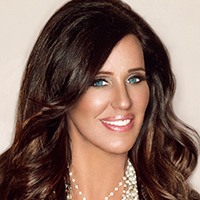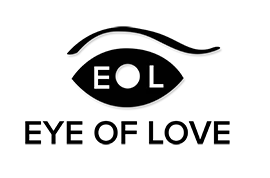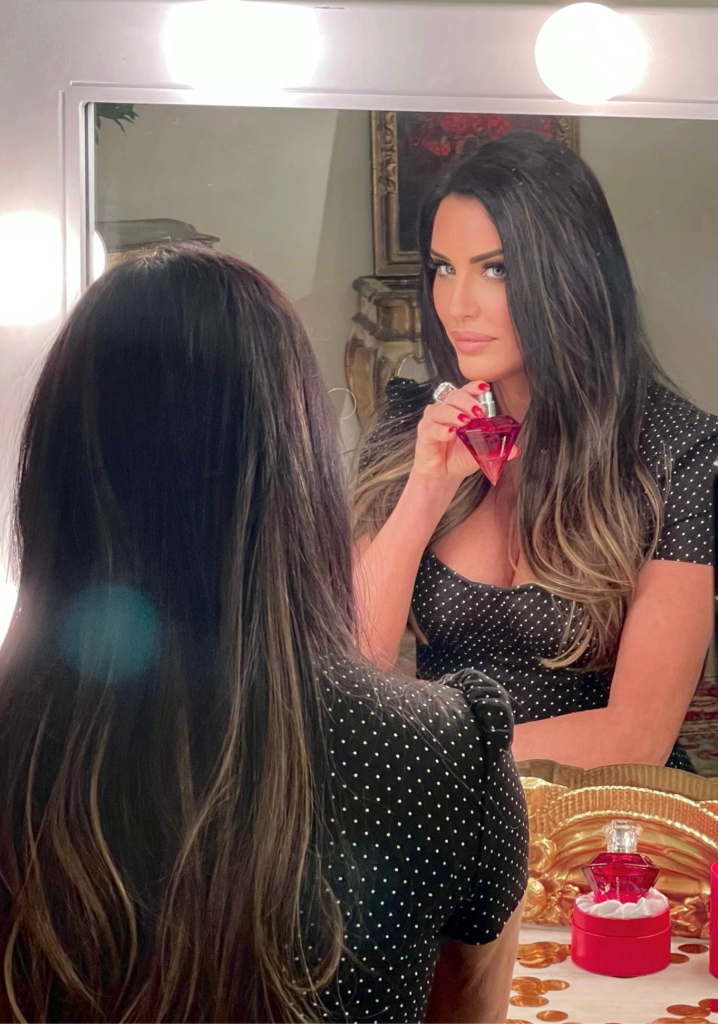 In light of all of the rape, abuse and harassment from Harvey Weinstein, and many, many others, that have been revealed recently, a lot of men and women are feeling safer talking about their own situations of sexual misconduct. Your partner may be one of these silent victims of sexual malfeasance. Unfortunately, most women and many men are. If your partner opens up to you about past or current sexual harassment, abuse or rape, here’s how to support them.
In light of all of the rape, abuse and harassment from Harvey Weinstein, and many, many others, that have been revealed recently, a lot of men and women are feeling safer talking about their own situations of sexual misconduct. Your partner may be one of these silent victims of sexual malfeasance. Unfortunately, most women and many men are. If your partner opens up to you about past or current sexual harassment, abuse or rape, here’s how to support them.
Express empathy
Start by being there for them emotionally. Phrases like “it’s not your fault,” “I’m here for you” and “I’m sorry this happened” are good ways to react to their experience initially. Talking about something like sexual victimization is incredibly hard and can involve reliving some of the terrifying and demeaning feelings of the initial event. So, just be a soft place for them to land.
Ask and listen
It’s OK to ask questions but, don’t push anything. You can’t expect to get every detail of their ordeal, especially the first time they open up about this. Very open ended questions like, “How do you feel?” are great because they show you’re interest and care, but also leave just about everything up to your partner. Remember, your job here is to listen. Don’t interject with your thoughts or experiences. Just be ears for most of the conversation.
Talk about helping
Once you’ve let your partner express themselves, ask how you can help. If the harassment is going on at work currently, you two could make a game plan of how to document the behavior and bring it up to HR. If it’s something from the past, talk about how you can be supportive if your partner wants to go public with their experience. Please don’t do anything without checking in with your partner. For example, going behind their back to find their predator and give them a piece of your mind is really misguided. It could make things worse for your partner or just plain be what they don’t want. Only do things that have their blessing.
Offer up therapy
Talking to a licensed clinician can be amazingly helpful. And as amazing as you are, you’re just not that. (Even if you are a therapist, you obviously shouldn’t be your partner’s therapist.) You can’t offer the help a professional can, no matter how sweet and supportive you are. Sometimes people need a little nudge to know it’s OK to seek professional help. Be that nudge for your partner and offer to help research to find someone. It’ll help your boo in ways you can’t imagine.
Check in
It’s important to realize that this isn’t a one-and-done conversation for you guys. Just like the victimization probably wasn’t a one-time thing for your partner. Even if it only happened once, their experience processing and dealing with it was likely long and tough. So, do your best to check in on how your boo’s therapy is going. Or if there’s something that might be triggering, like another predator being publically exposed, ask how it’s making them feel. Or, just stop and give them a hug and remind them that you’re there to talk and help always.
As a society, we’ve taken a few steps that have made small but important progress toward changing the culture around sexual misconduct. As a partner, you can do a few small things that will lead to big and meaningful changes in your partner’s comfort level in your relationship. Hopefully, society will keep progressing until this behavior is universally condemned, punished and eradicated. Until then, be the best partner you can be.






